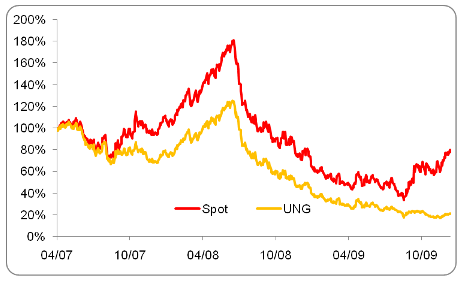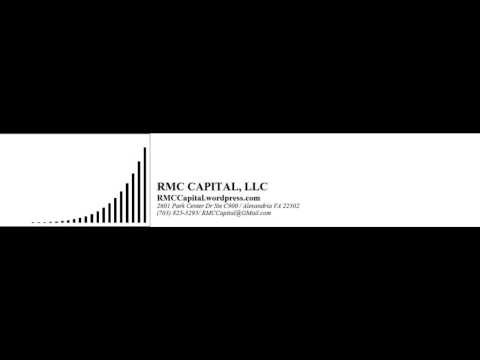Investors Seeing Korean Bottom Return to Leveraged ETFs Bloomberg Business
Post on: 16 Март, 2015 No Comment

Choi Kyung Hwan, South Korea’s Finance Minister, announced in July an 11.7 trillion won stimulus package, eased mortgage-lending controls and outlined a plan to give tax breaks to companies that boost dividends and investments. Photographer: SeongJoon Cho/Bloomberg
Oct. 21 (Bloomberg) — Investors are returning to funds that amplify the share performance of South Korea’s biggest companies and exiting funds that reward declines after stock valuations fell to the lowest level in more than five years.
Net assets of Samsung KODEX Leverage exchange-trade fund, the largest of four such ETFs, have climbed 74 percent to 2.9 trillion won ($2.7 billion) on Oct. 17 since the end of August, according to exchange data. Samsung Asset Management Co.’s bear-market equivalent has fallen 61 percent to 231 billion won in the same period.
South Korean stocks have lost $150 billion in value since end-August as the nation’s biggest companies reported falling profits and concern grew global growth is slowing. While Edmond de Rothschild Group says earnings momentum for the nation’s companies is weak, KTB Asset Management Co. and Mirae Asset Global Investments Co. say shares are too cheap to pass up.
“Valuations show that this is the bottom,” Lee Jin Woo, a Seoul-based fund manager at KTB Asset Management Co. which oversees about $7.9 billion, said by phone on Oct. 15. Lee said he is boosting holdings of large-cap companies including Hyundai Motor Co. and Samsung Electronics Co.
Leverage ETFs often use financial derivatives including options, forwards and swap contracts to amplify the return of an underlying index. Bear-market ETFs, or inverse funds, uses derivatives to take profit from a decline in the value of an underlying benchmark.
The Kospi 200 gauge trades at less than net assets, according to data compiled by Bloomberg. The last time the index was that cheap in March 2009, stocks rebounded more than 20 percent within three months.
Bigger Returns
“With valuations at the current level, investors are feeling quite safe to put more money into leverage funds that offer bigger returns,” Kim Nam Ki, Seoul-based leverage ETF money manager at Samsung Asset Management, which oversees $118 billion, said by phone.
The Kospi 200 gauge jumped 1.7 percent yesterday, the biggest gain since Feb. 21, after plunging 12 percent since this year’s peak on July 30. Overseas investors bought a net 21 billion won worth of Kospi-listed stocks yesterday, the first time they bought more than they sold since Sept. 30, according to data compiled by Bloomberg.
Samsung Electronics climbed 1.6 percent yesterday, paring its decline this year to 19 percent, and Hyundai Motor jumped 4.3 percent from its lowest level since August 2011. The Kospi 200 index slid 0.7 percent at 11:25 a.m. today.
Measures by the government to boost the economy and force companies to give larger payouts to shareholders will also boost stocks in the longer term, said You Seung Min, chief strategist at Samsung Securities Co.
Rate Cut
Finance Minister Choi Kyung Hwan announced in July an 11.7 trillion won stimulus package, eased mortgage-lending controls and outlined a plan to give tax breaks to companies that boost dividends and investments. The Bank of Korea cut its key rate last week for a second time this year following calls from Choi to ensure monetary policy is in “harmony” with the government.
Samsung Electronics, the world’s biggest maker of smartphones, posted a 60 percent decline in operating profit in the three months ended September because of stagnating phone sales, while Hyundai Motor, the manufacturer of Sonata sedans, reported a 6.5 percent drop in second-quarter net income. The stock has declined 22 percent since Hyundai Motor Group’s decision last month to pay $10 billion for a plot of prime real estate in Seoul, or triple the property’s assessed value.
Underweight Korea

“Downward revision for earnings for 2014 has been a lot heavier in Korea than the rest of Asia,” David Gaud, fund manager at Edmond de Rothschild Group, which oversees about $179 billion, said from Hong Kong on Oct. 20. Korean companies also “lack effective ways of investing” with Hyundai Motor’s acquisition “quite out of context and proportion,” said Gaud, who is underweight on Korean equities.
Hyundai Motor will report third-quarter earnings this week, while Samsung Electronics announces final figures for the three-month period next week.
Global investors pulled about $3 billion out of Kospi-listed companies in the month through Oct. 17, the biggest outflows since March 2013, according to data compiled by Bloomberg. They were net sellers for 11 straight days, the longest losing streak this year.
Earnings of Korean companies are expected to climb at least 6 percent in 2015 from this year as profit at Samsung Electronics improves from the next second quarter, according to Samsung Securities’ You.
Investors are now positioning for a rebound in the Kospi and pulling money from bear-market funds, according to Ahn Hyun Su, fund manager at Mirae Asset Global Investments, which oversees about $53 billion.
“Expectations are rising back up as investors seem to believe the market has reached its bottom range,” Ahn said.
To contact the reporter on this story: Sharon Cho in Seoul at ccho28@bloomberg.net
To contact the editors responsible for this story: Richard Frost at rfrost4@bloomberg.net Stuart Biggs














